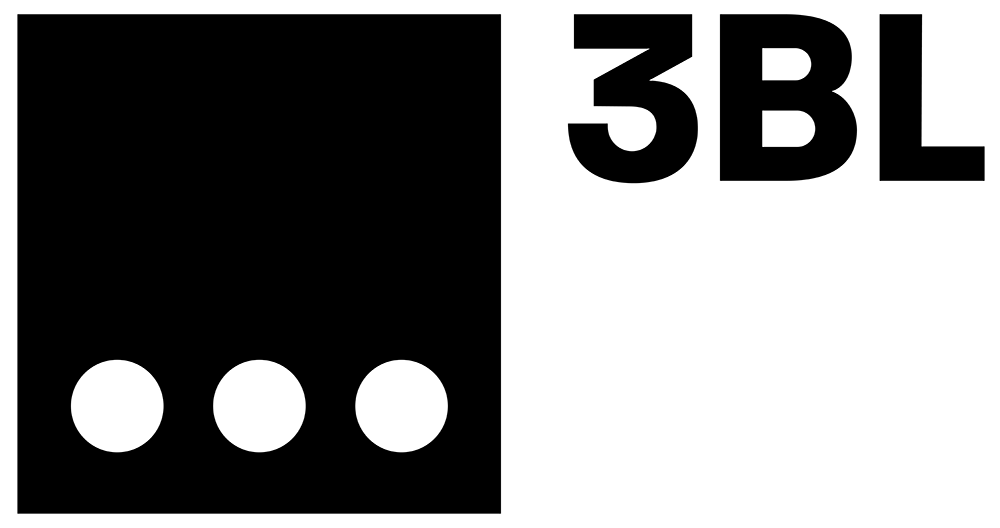Diageo Reports Good First Year Progress Against 2020 Sustainability and Responsibility Targets
Diageo, a global leader in beverage alcohol, this week reported strong progress against its 2020 sustainability and responsibility targets with the publication of the company's 2016 Annual Report. Diageo made notable gains in its improvement in water efficiency, reduction of carbon emissions and waste materials as well as taking new steps to promote responsible drinking and agreed strategic partnerships with development organisations.
Key performance highlights include:
- Decreasing GHG emissions in direct operations by 7.7%
- Improving water efficiency by 12.5% compared with 2015 and by 38% compared with the baseline
- Replenishing 21% of total water used in final product in water-stressed areas through reforestation, desilting of dams, water storage and safe water and sanitation projects
- Reaching 380,622 people this year with responsible drinking messages through training programmes such as DrinkIQ and increasing underage education initiatives by 50% which are now available in 86 countries
- Empowering 260,000 women to date through the Plan W programme, aiming to reach 2 million women by the end of 2016
- Providing access to safe water and sanitation to 351,700 more people through the Water of Life programme which has helped more than 10 million people since 2006
Ivan Menezes, Chief Executive, Diageo plc commented, “Our sustainable development strategy reflects how the elements of our value chain are interdependent and how contributing to society, to communities, and to the environment strengthens our business. This year, we have made good progress towards our environmental goals, with some substantial gains in the management of our water, carbon and waste. We have also introduced a new target of procuring 100% of our electricity from renewable sources by 2030.
We have also made significant progress in our aim to improve the role of alcohol in society and in our work to tackle misuse. We do this through our implementation of the Global Producers’ Commitments to Reduce the Harmful Use of Alcohol, an unprecedented partnership of the world’s largest alcohol companies coming together to tackle harmful drinking. As an industry, we are seeing good progress against the targets we set ourselves for 2017”.
In the past two years Diageo has recruited over 700,000 responsible drinking ambassadors through its training programmes such as DRINKIQ, Learning for Life, Diageo Bar Academy and Plan W, bringing the company closer to its target of 1 million ambassadors to 2020. To further bolster Diageo’s programmes, an interactive version of DRINKIQ was installed at the Guinness Storehouse in Dublin which aims to deliver training on responsible drinking to around 300,000 visitors annually. Diageo also introduced the new Diageo Consumer Information Standards which came into force 1 July 2016 and will apply to all Diageo brands; by the end of 2016 30 million Johnnie Walker Red bottles with the new labelling will hit the shelves designed to help consumers understand what is in their glass.
While Diageo’s targets are set for 2020, the strategy is designed to support the company’s overall growth and performance for many years to come. In the year that saw the launch of the UN’s Global Goals for sustainable development and the Paris Agreement on climate change, Diageo is prepared for a future in which the only successful business models will be those that can demonstrate a positive contribution to people and the planet. For more information, case studies and to view Diageo’s integrated annual report, please visit www.diageo.com.
Media contact:
Cecilia Coonan
+44 208 978 2749

